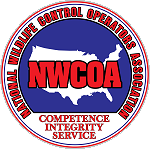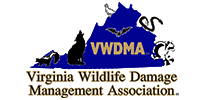Your Wildlife Professionals, Inc. remove and control voles in residential and commercial yards and landscapes in Virginia. It is not always important to know everything about voles, but often clients need to know other information about voles in Virginia. Below is some additional information about vole, such as vole habitat, where do vole live, home range of a vole, vole food, vole habits, average life span of a vole, and vole health concerns that you may want to know. If you live in Alexandria, Arlington, Bedford, Blacksburg, Bristol, Charlottesville, Covington, Chesapeake, Danville, Fairfax, Fredericksburg, Hampton, Harrisonburg, Lexington, Lynchburg, Loudon, Manassas, Martinsville, Newport News, Norfolk, Richmond, Roanoke, Smith Mountain Lake, Staunton, Virginia Beach, Waynesboro, Williamsburg, Winchester, Wytheville, or Yorktown Virginia and would like to know more about vole, please give us a call.
Habitat:
Biologically they prefer wet meadows and grasslands. In urban environments they prefer well landscaped yards with ground cover and low lying plants.
Home:
Their home is a series of tunnels just below the surface or above the surface that lead to plants and trees. They may use an above ground nest or a below ground chamber to rest in.
Home Range:
Shifts depending on food supply. Usually 75 – 200 square yards.
Food:
Turf grasses, landscape grasses, hostas, tulips, flower bulbs, azaleas, and fire bush are the most common in urban environments.
Habits:
Diurnal or night and daytime activity.
Average Life Span:
2 – 3 months.
Health Concerns
There are not direct health concerns related to the Meadow Voles and humans. They do carry fleas, ticks, and lice. Their sub-surface habits prevent most of these health concerns.
CLICK HERE to find Your Wildlife Professional in Virginia.












